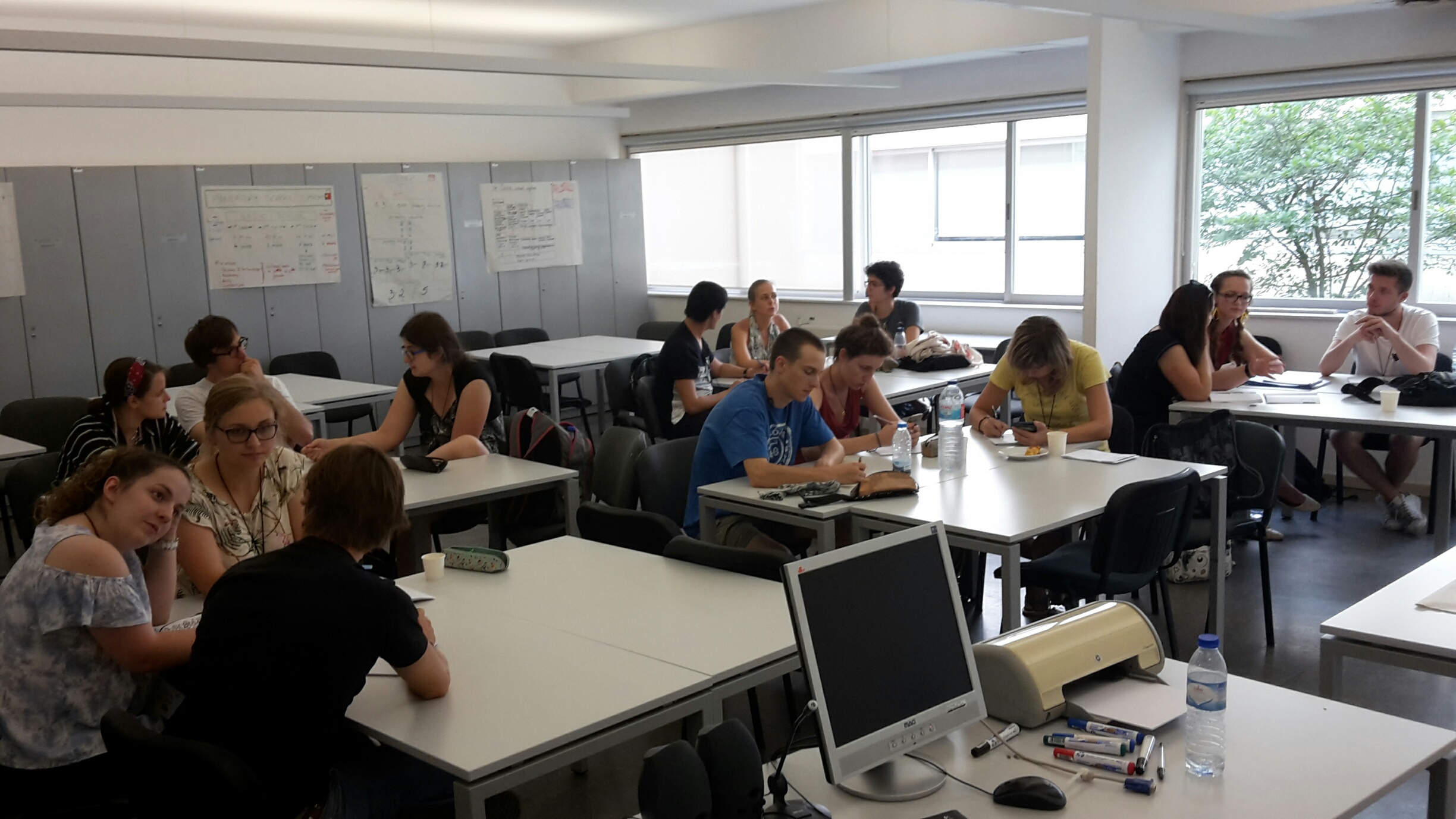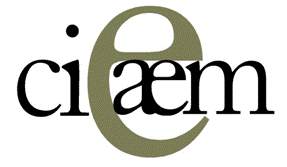CIEAEM
Commission for the Study and
Improvement of Mathematics Teaching
The conferences are characterized by exchange and discussion of the research work and its realization in practice and by the dialogue between researchers and educators in all domains of practice.CIEAEM is an ICMI (International commission on mathematical instruction) Affiliate Organization since 2010
Aims of CIEAEM
Download the CIEAEM manifesto
Past and Future of CIEAEM
Early CIEAEM conferences mainly brought together European mathematicians and mathematics teachers from secondary schools with a presupposed common interest and background in mathematics teaching in order to share views, experiences and intentions for the improvement of mathematics education. The changing conditions for teaching and learning mathematics by extending compulsory schooling, however, raised a growing interest in research in mathematics education and influenced our conferences and their actually relevant themes. CIEAEM became more attractive to a broader international audience: for colleagues from abroad, from non-industrialised and (ex-) socialist countries, and also more and more for primary school teachers.
The Conferences of CIEAEM
Developments in mathematics education as a scientific discipline and reflections within CIEAEM changed the topics and subjects of themes conferences, the research fields and the debates: from a concentration or restriction on content reformulation or selection and on methodological questions in mathematics education themes later addressed broader epistemological, psychological, sociological and technological problems, the conditions of the educational environment (interaction, evaluation and assessment), and the raise of problems in connection with newly developed technologies.
CIEAEM has always been more than just an annual exchange of research work or a debate on educational developments among researchers. CIEAEM conferences are a unique meeting place where teachers and researchers work together and exchange their experiences and views in a friendly and stimulating climate: from practice and theory, from research and its critique or application into educational development.
Quality Class
The quality class participants are from different countries and different cultures, and share different opinions about mathematics education.
Part of the program is a visit to an international conference on the didactics of mathematics education, such as the CIEAEM, the International Commission for the Study and Improvement of Mathematics Education.
Members of the quality class are different every year. The program is designed for students attending teacher training colleges who have completed at least half of their studies, yet has been highly successful in recent years for post-baccalaureate and doctoral students as well.



